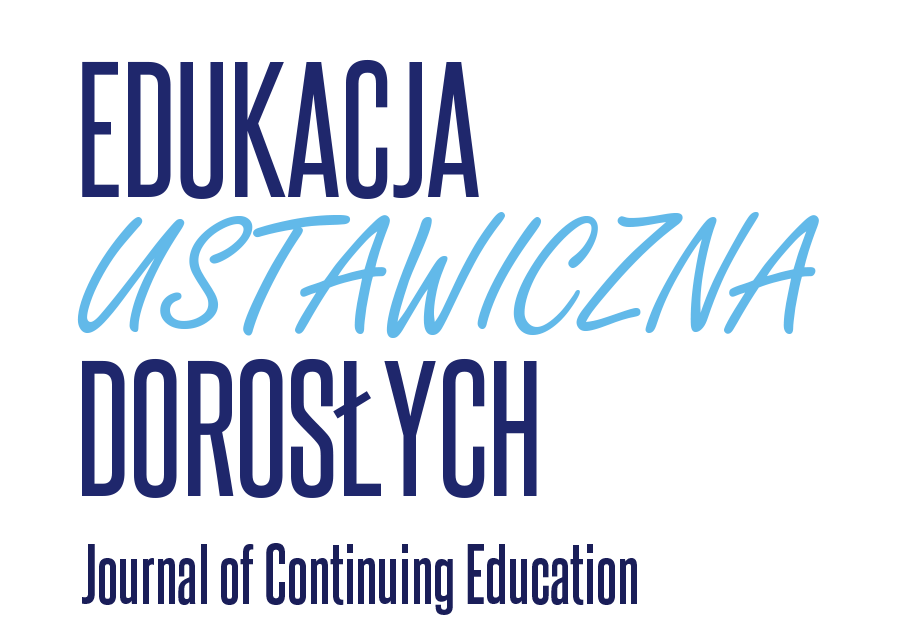Nieoczywiste konsekwencje zwiększania poziomu kwalifikacji pracowników z wyższym wykształceniem ![]()
Agnieszka JERAN
Not obvious consequences of increasing the level of qualifications among employees with higher education
Słowa kluczowe: zwiększanie kwalifikacji, pracownicy z wyższym wykształceniem, Diagnoza Społeczna, wynagrodzenia.
Key words: increasing the qualifications, employees with higher education, Social Diagnosis, wages.
Abstract: Lifelong learning is primarily associated with the perspective of the employment situation which is connected with the issue of matching competencies, but also improvement of the employee's individual situation. However, research carried out in Poland indicate a continuing low activity of adult education. Using data of "Social Diagnosis" from the years 2005-2015 the situation of a selected group of respondents - employees with higher education was analyzed. Among them consistently in all analyzed rounds of testing employees increasing their skills significantly more often declared to take better paid or extra work and promotion. However, these workers do not obtain an income significantly higher as compared to workers with higher education who did not improve their qualifications, while their expectation of future income was significantly higher. Thus, the obtained results show not only benefits of further education such as a wage rise, but also a potential problem which may be a result of a failure to meet those hopes and lead to the resignation of educational activity.


